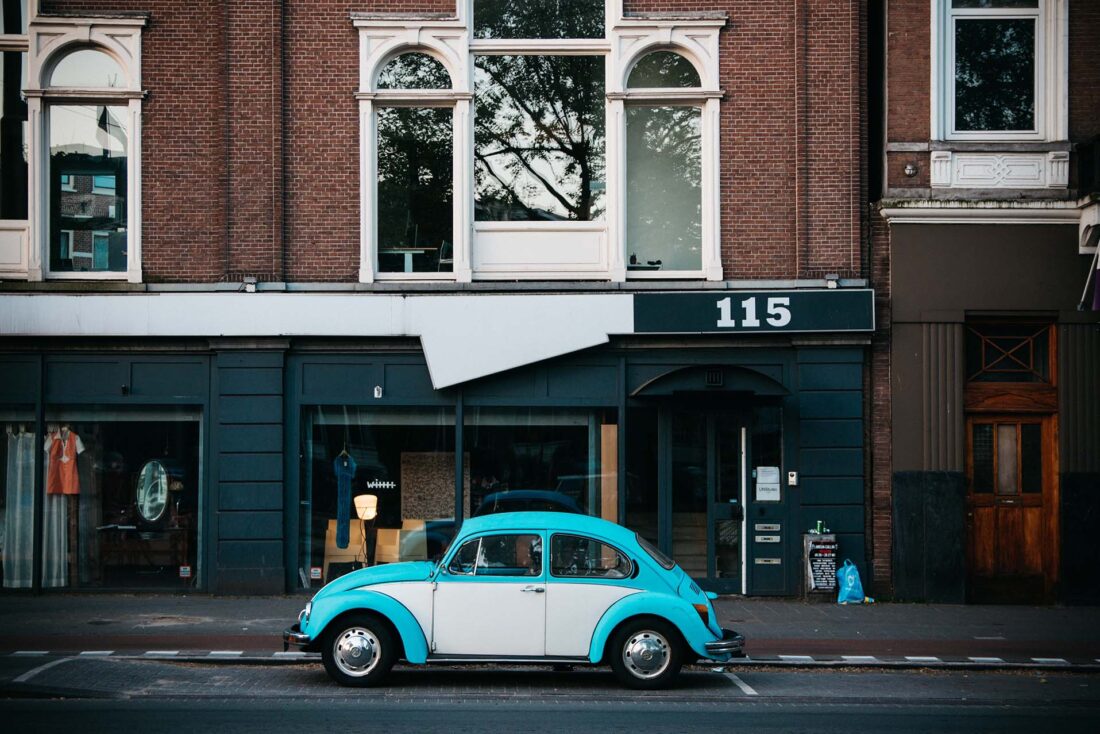Applying the ‘Broken Window Theory’ to Elevate Your Home Interior Design
Picture a public space you’re familiar with – a park, perhaps, or a street in your neighbourhood. Now imagine that space cluttered with litter, graffiti-smeared walls, or a building with broken windows. How would you feel? According to the “Broken Window Theory”, these signs of neglect and disorder can lead to a downward spiral of increasing crime and anti-social behaviour.
The “Broken Window Theory”, proposed by social scientists James Q. Wilson and George Kelling, states that visible signs of disorder, such as crime or anti-social behaviour, encourage further minor offences. This happens because people often look to others when deciding how to behave in an environment. If they see litter on the streets, they are more likely to litter. If they notice a broken window, more windows may end up being broken.
But how does this theory apply to home interior design? Just as the environment we live in can influence our behaviour, our homes can also impact our mental and emotional well-being. Spaces that are cluttered, disorganized, or in disrepair might affect us negatively, while clean, orderly, and well-maintained environments can foster positivity and tranquillity.
The antidote to the negative spiral of the “Broken Window Theory” is a concept known as “collective efficacy.” This term refers to the degree to which people are engaged in their community or environment. Do people know their neighbours? Are they willing to help a stranger? Would they intervene to stop a fight on the street? High levels of collective efficacy have been found to decrease crime rates, even in areas with visible signs of disorder.
Translating this concept to home design, promoting collective efficacy could mean fostering a sense of shared responsibility and care for our living spaces. This could involve knowing and engaging with family members or roommates, participating in maintaining and decorating shared spaces, or taking swift action to repair damages.
When we consciously create an environment that is cared for, we’re more likely to appreciate our space, keep it tidy and orderly, and respect the belongings of others. Not only will this positively influence our home life, but it could also encourage a more mindful and respectful behaviour pattern in our public life.
In conclusion, integrating concepts like the “Broken Window Theory” and “Collective Efficacy” into our home interior design practices can greatly improve our living environment. By understanding these theories, we can foster spaces that are not just aesthetically pleasing but also contribute positively to our well-being and societal behaviour.





